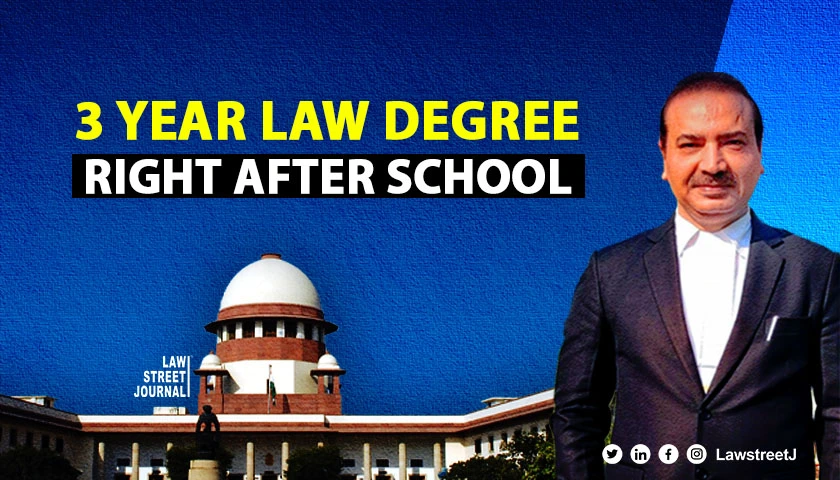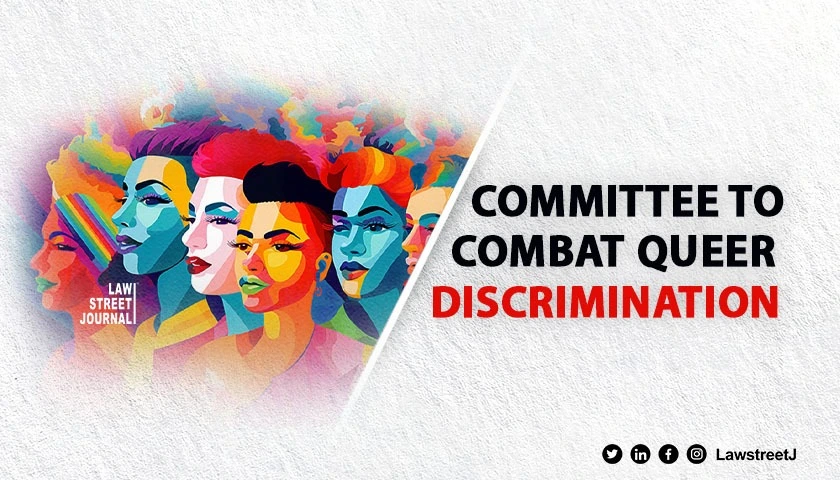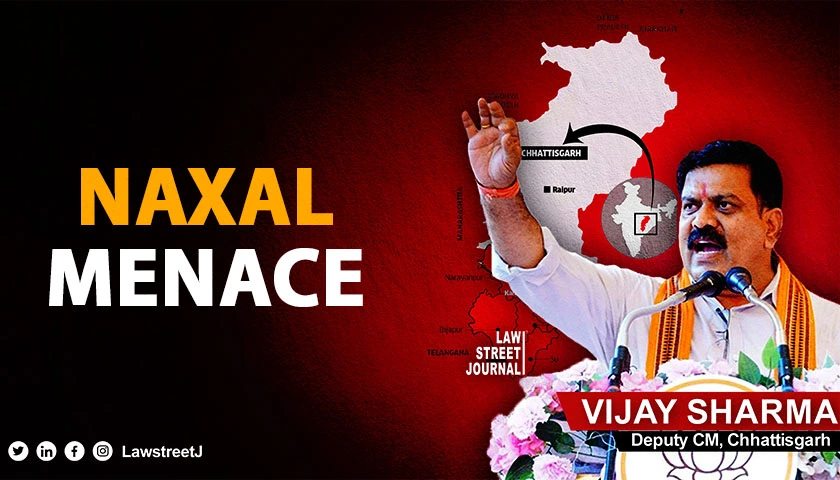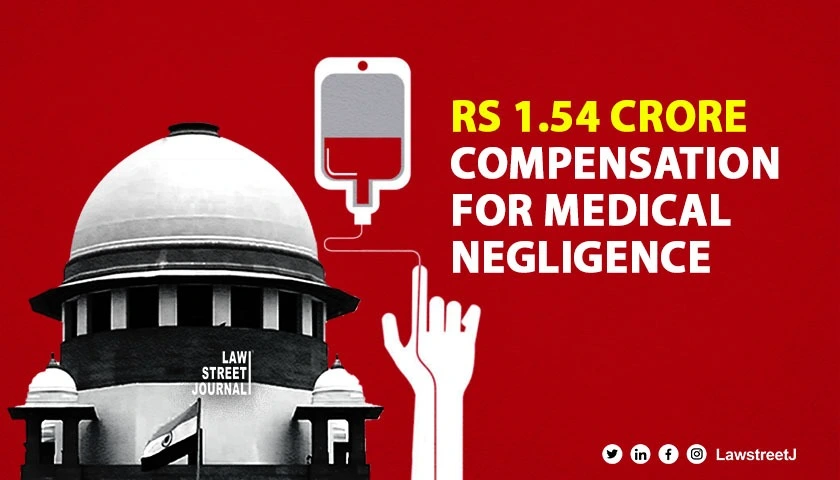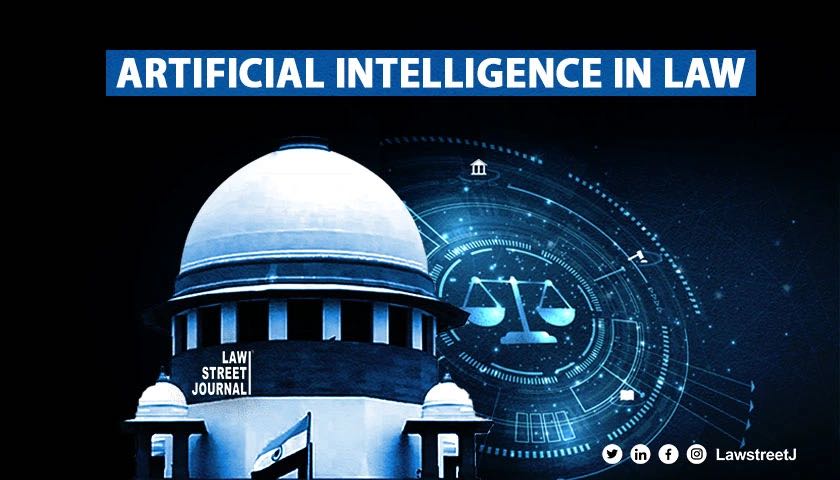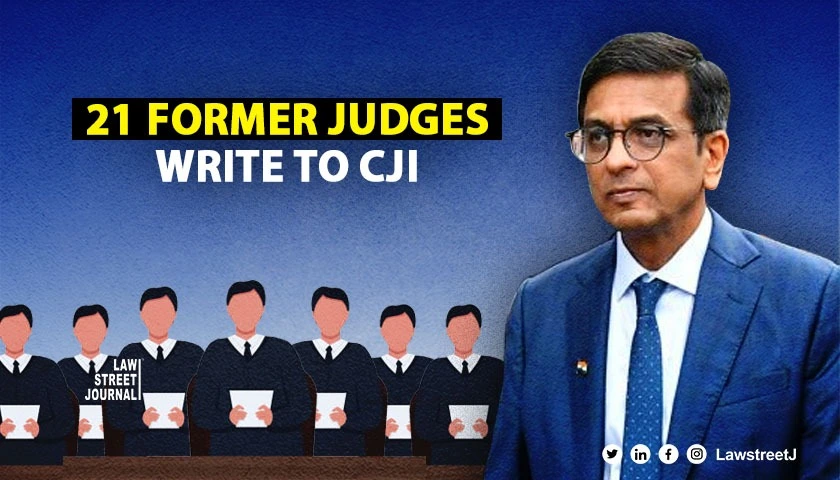Prasant Bhushan had posted two tweets, one on the Supreme Court on June 27, 2020 and the second one on CJI Bobde on June 29, 2020. He was served notice by the apex court on July 22, 2020.
The top court had on August 5, 2020 reserved its verdict in the matter after Bhushan defended his two alleged contemptuous tweets saying they were against the judges regarding their conduct in their personal capacity and they did not obstruct administration of justice.
The first tweet said: “When historians in the future look back at the last six years to see how democracy has been destroyed in India even without a formal Emergency, they will particularly mark the role of the SC in this destruction, and more particularly the role of the last four CJIs.”
Analysis:-
This tweet focussed on the role of the four preceding chief justices in what he described as a “destruction” of Indian democracy. The Supreme Court took particular umbrage with the allegation that they may hold responsibility for such destruction, finding that the tweet “damage[s] confidence in our judicial system and demoralize[s] Judges of the highest Court by making malicious attacks”.
The Court’s lack of analysis on the legitimacy of this critique, however, is troubling; at no point did it pause to verify whether the allegation may hold water, or may even be considered plausible – a startling lack of reflexivity considering the degree to which such criticism has been repeatedly aired in public. Indeed, how can one analyse the malicious or benign nature of the critique tacit within the aforesaid tweet without considering its factual verity?
The second tweet said: “The CJI rides a Rs 50-lakh motorcycle belonging to a BJP [Bharatiya Janata Party] leader at Raj Bhavan, Nagpur, without wearing a mask or helmet, at a time when he keeps the SC on lockdown mode denying citizens their fundamental right to access justice!”
Analysis:-
Prashant Bhushan ostensibly criticised the Chief Justice of India (CJI) for riding an expensive motorcycle, belonging to a politician, without mask or helmet, having simultaneously kept the Supreme Court in a state of diminished functioning, thereby affecting the rights of citizens to access justice. The Court, while considering this critique, decided to split the tweet into two halves.
Ignoring the first bit, whose accuracy cannot really be contested, it chose to earnestly focus on the latter half of the tweet, which criticises the Chief Justice for inhibiting access to the Supreme Court by keeping it in “Lockdown mode”. Noting that, despite the prevalence of a pandemic, the Supreme Court had been functioning through virtual hearings – indeed, even the contemnor had participated in such hearings – the bench decries this allegation of a denial of justice against the CJI as “undoubtedly false, malicious and scandalous”.
Yet, in his Reply Affidavit, Bhushan states in clear terms that the tweet had to be read as a whole, contextually: that while the Chief Justice thought it necessary to restrict functioning of the Supreme Court, he himself was out in public bereft of mask, surrounded by people. It was the juxtaposition of these scenarios that formed the basis of the criticism, a point entirely missed by the judgment. Surely, it cannot be scandalous to point out that the Chief Justice applied differing standards of precaution for litigants and for himself?
Moreover, it was never Bhushan’s contention that the Supreme Court had been entirely locked out, as the bench seems to assume; rather, his point was that, even with virtual hearings, the Court’s ability to process cases was significantly diminished, thus hampering access to justice. This difficulty has also been noted by the Supreme Court Bar Association and Supreme Court Advocate-on-Record Association, which passed resolutions testifying to the hindrances that arise in presenting a client’s case effectively through virtual presentations.
By artificially creating a cleft in the tweet and offering unsatisfactory analysis on the truthfulness of the claim, the Supreme Court seems to be insinuating that the subject of its ebbed functioning during the coronavirus pandemic, and the potential consequences this may have for litigants seeking redress, is entirely off-limits. Surely, this isn’t the apt standard to stymie criticism in a free democracy.
On July 22, the top court had issued a show cause notice to Bhushan after initiating the criminal contempt against him for his two tweets; and on 14th August, the SC held him guilty of contempt for his tweets against the court and the Chief Justice of India (CJI) Sharad Arvind Bobde.

